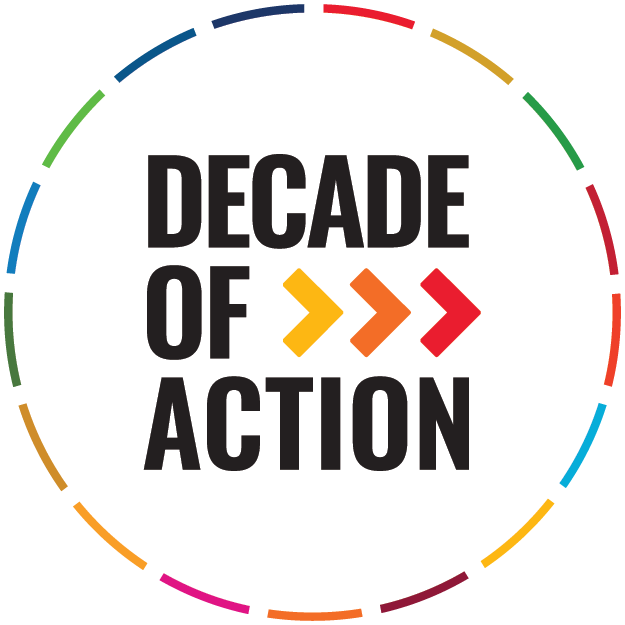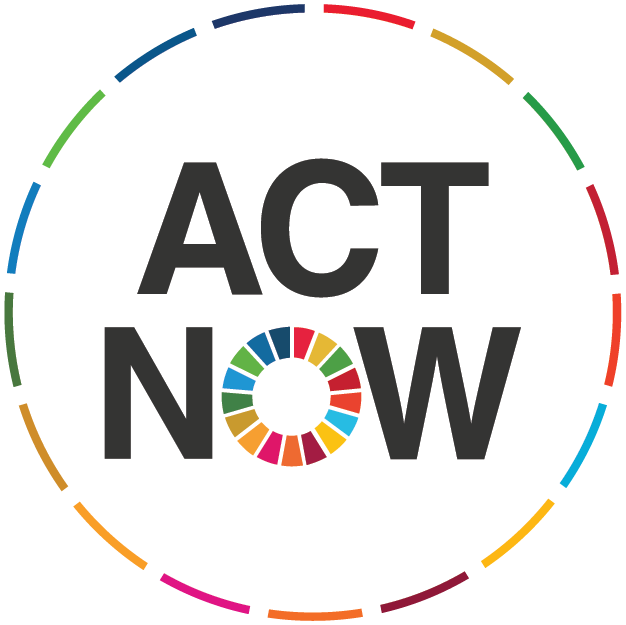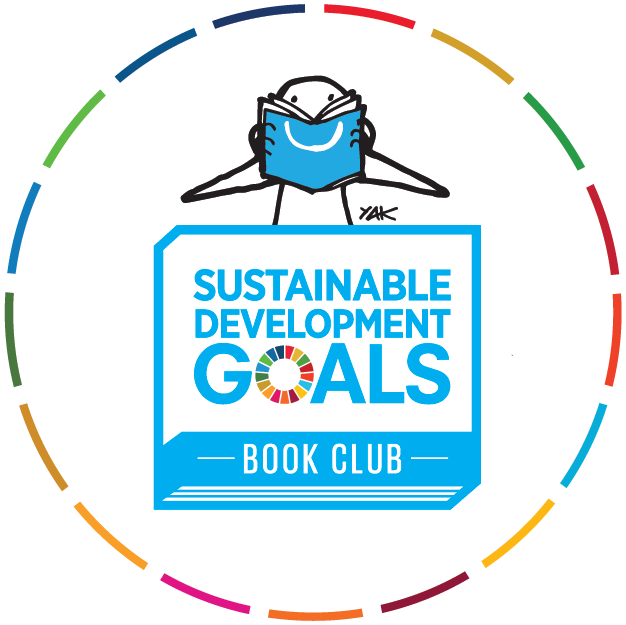
The Sustainable Development Goals are a blueprint for fighting poverty and hunger, confronting the climate crisis, achieving gender equality and much more, within the next ten years. At a time of great uncertainty, the SDGs show the way forward to a strong recovery from COVID-19 and a better future for all on a safe and healthy planet.
Overview
Convened by the UN Secretary-General, the second SDG Moment of the Decade of Action was held virtually on Monday, 20 September 2021 from 8 a.m. to 5 p.m.
Objectives
The second SDG Moment of the Decade of Action was convened by the UN Secretary-General on Monday, 20 September 2021. The SDG Moment took place as the world experienced a deeply uneven response to the pandemic which risks creating a two-tier recovery, with significant implications for the advancement of the SDGs, especially in developing countries. The 2021 SDG Moment sought to:
- Reinforce the continued relevance of the 2030 Agenda for Sustainable Development and build momentum in advance of major summits and intergovernmental meetings.
- Highlight urgent actions needed to ensure COVID-19 response and recovery efforts are equitable, inclusive and accelerate the transition to sustainable development.
- Demonstrate that transformative change at scale is possible between now and 2030.
Key messages
- In the face of the COVID-19 pandemic and a worsening climate crisis, the 2021 SDG Moment called for decisive action and international solidarity to keep the promise of the SDGs.
- The world is neither hopeless nor helpless. With the SDGs as a north star, we know what needs to be done and have the tools to do it. Ending the pandemic and advancing equitable, inclusive and sustainable recovery efforts is the first step to getting the SDGs back on track.
- Heads of State and Government together with a host of partners reiterated their continued commitment to the 2030 Agenda. Many countries are employing emergency response measures as a starting point for supporting a new social contract, including robust social protection systems, universal health coverage, while protecting the planet.
- A top priority is to ensure equitable access to the COVID-19 vaccine and a global vaccination plan that removes obstacles and supports vaccine production and access.
- Another key priority is to bridge financing gaps in major SDG transitions, including energy, social protection, food, tourism, connectivity. Urgent action is needed to address liquidity challenges and debt distress challenges faced by many developing countries today.
- Broad partnerships, multilateral actions and international solidarity are needed.
-
- Youth leaders are working to achieve the Sustainable Development Goals at all levels. They are growing increasingly impatient with the pace of change. They are ready to the take the wheel and wish to participate as equal partners now and into the future.
- Gender equality is also fundamental to achieving the SDGs but the COVID-19 crisis has had a detrimental effect on progress. The recovery must be leveraged to support women’s leadership and put women at the center of the economy.
- Digital connectivity is the thread that ties all the SDGs together and offers huge potential for sustainable and inclusive growth and a new era in education. The GIGA initiative is gathering pace. With the appropriate financial conditions and know-how, it is still possible to massively expand access for to the internet between now and 2030.
- Actions by local authorities are critical for shaping the recovery and achieving the SDGs. The Local 2030 Coalition, launched by the UN during the meeting, can help identify and address the obstacles to realize the SDGs at the local level.
- Implementation of the 2030 Agenda demands that governance institutions are equipped with capabilities to deal with complexity, integration and inclusion. Human rights must also be at the center of policies at the national and international levels.
- The SDG Moment placed a spotlight on the upcoming COP26 UN Climate Change Conference and other milestones over the coming twelve months. The decisions taken by September 2022 will be critical – either bringing the world closer to a breakthrough or pushing us closer to breakdown.
SDG Moment in Figures and Media:
27 Heads of State and Government
6.5 million views of the opening sessions
Number 1 trending topic in the US on Monday 20 September
BTS Took Center Stage at the U.N. Over One Million Fans Watched Live – The New York Times
South Korean President meets special envoy BTS ahead of UN General Assembly – The Hindu
Participation
The meeting convened leaders from 27 Member States as well as champions for the SDGs from civil society, the private sector and international partners with millions of viewers joining the SDG Moment around the world. Access the statements from the SDG Moment below:
United Nations Secretary-General
President of the United Nations Economic and Social Council
Video Recordings
The opening segment featured an opening film from Project Everyone, statements from the UN Secretary-General, the President of the General Assembly, the President of the Republic of Korea and BTS. It also saw BTS perform their hit song Permission to Dance in a video produced at the United Nations.
Intergenerational dialogue with SDG Advocates
In this intergenerational dialogue, a senior and a junior member of the UN Secretary-General’s SDG Advocates, exchanged views about their own experiences in making a difference in their own communities. Graça Machel recounted her experience with Nelson Mandela in setting up “The Elders,” a group of independent global leaders working together for peace and human rights and education for a better future. Valentina Muñoz Rabanal spoke about her experience as a social media influencer and digital activist in Chile, where a youth movement protesting an increase in the price of subway tickets in 2018 brought about one of the biggest social movements in recent times using digital technologies.
The SDG Reality Check explored how the past 18 months has wiped out five years of SDG progress, exacerbating existing disparities, and plunging millions into extreme poverty. Drawing on the latest figures available the presentation painted a stark picture of where we current are in terms of SDG attainment, zooming in on a number of crucial indicators on poverty, climate change, gender equality and financing, and illustrating where our world will be by 2030 if we do not course correct.
Roundtable debate on leveraging the COVID-19 Response and Recovery to accelerate SDG implementation
This roundtable debate with two UN leaders examined the State of the COVID-19 Response and Recovery. The discussion focused on what can be done now to end the global pandemic, ensuring developing countries have access to the resources and support needed to drive forward from here; and ensure recovery efforts tackle the socio-economic fallout from the crisis and invest in the future building blocks of more equal, inclusive and sustainable economies. Key themes in the discussion included creating fiscal space for the recovery, vaccine justice, gender equality, the green economy and other transitions.
Statements by the President of ECOSOC and the SDG Advocates
Connectivity: Narrowing the digital divide
Participants in the discussion on the digital divide noted that half the world’s population does not have regular access to the Internet, and more than 70 per cent of that population is in Africa. Connectivity has been described as “SDG zero”, because it is an enabler and accelerator for the entire 2030 Agenda. The panel discussion explored how the impacts of connectivity can be felt across all of society, including education and digital skills, income, gender equality and economic growth. The panelists noted that ensuring access and connectivity for all by 2030 is possible but will require cooperation between all actors as well as urgency.
The gender equality imperative
Panelists discussed how gender equality and empowerment of women and girls is integral to all priorities, inextricably bound in all aspects of sustainable development, and cannot be separated from other challenges the world faces today. The Secretary-General has called gender equality “the world’s greatest human rights challenge and a pre-requisite for a better world”. But the pandemic has exacerbated gender inequality and laid bare structural deficiencies in societies. Women have lost their jobs at a faster rate than men, taken on more unpaid care work and experienced greater gender-based violence.
Youth in Action: Shaping the future now!
During this panel, young leaders from around the world (Italy, Marshall Islands, Colombia, Nigeria and Switzerland) demonstrated how they are taking the lead to advance the SDGs in many areas, such as improving education, promoting gender equality, creating green jobs, helping refugees, and supporting indigenous communities. They are mobilizing communities and using cutting-edge technologies to offer new ideas and innovative solutions. Young people and adolescents serve as agents of change at local, national, regional and global levels and have strong hopes for multilateralism, solidarity and United Nations processes.
Localizing the SDGs: Delivering for and with people
This panel examined how cities are at the front lines in fighting the pandemic and have played a vital role in achieving the SDGs. Localizing the SDGs is critical for building an inclusive, resilient, and sustainable future for all. The Local2030 Coalition (launched at the 2021 SDG Moment) will bring together leaders from national, regional, and local governments, the United Nations, private sector, civil society, philanthropy and academia to collaboratively develop and implement solutions that advance the SDGs at the local level. The Local2030 Coalition offers an engaging platform to mobilize, engage and empower local actors worldwide by the sharing of knowledge, best practices and innovative solutions that can shape a transformative recovery and accelerate progress on the SDGs.
Effective and inclusive Institutions: For Justice, equality and trust and Reflections
The panel discussion on connectivity noted that institutions are not closing the gap to comply with the SDGs and are not responding to the challenges. The greatest challenge is for institutions to enable change. It requires putting people at the center of development. The session proposed three practical ideas in this respect: assess policies for future generations, assess costs and benefits between generations; learn from other governments, listen and act among senior leaders to transform and build for the long term; and open SDG planning processes for long term collaboration.
In the closing segment, Amina Mohammed, UN Deputy Secretary-General, and Jeffrey Sachs, Special Adviser to the Secretary-General on the SDGs, engaged in a moderated conversation about how to move ahead with the implementation of the 2030 Agenda.



